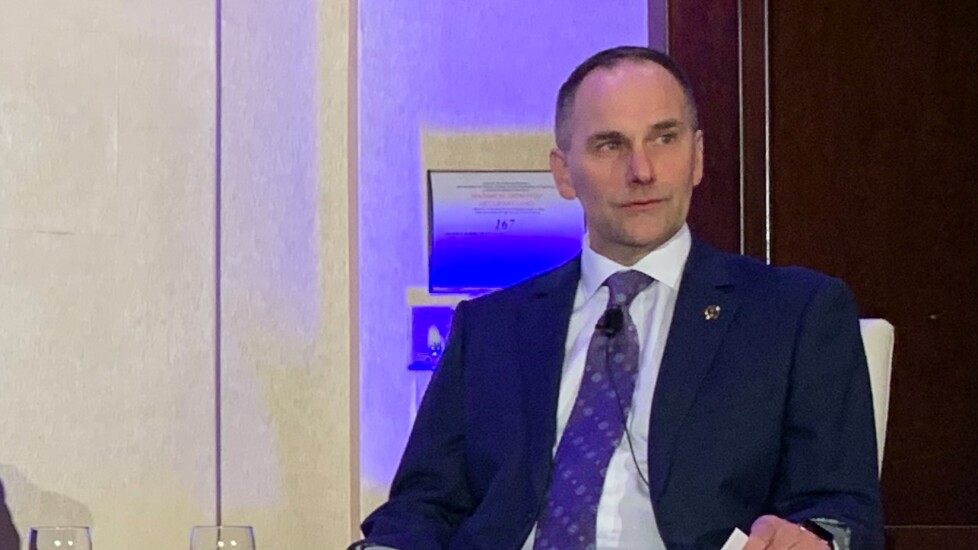An industry-wide push for diversity, equity and inclusion has seen many credit unions modernize their tactics to make sure their services and their hiring practices reflect the demographics of their memberships.
Initiatives include
During a panel discussion hosted this month at the National Credit Union Administration's DEI and ACCESS summit, these three credit union executives discussed their journeys to the C-Suite and shared how a focus on inclusivity helped their institutions grow.








